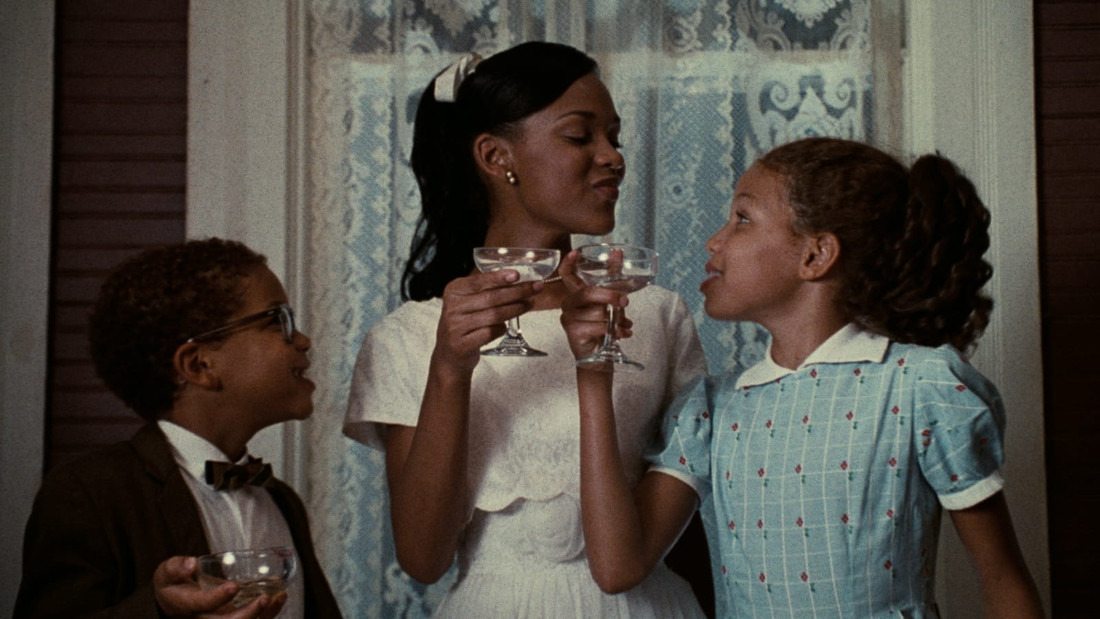Eve’s Bayou
★★ out of 5
Plays at Cinematheque from Feb. 17 to 23
In celebration of Black History Month, the Dave Barber Cinematheque is showing a series of films under the banner Reimagining the Black Diaspora: Spirituality, Mythology and Collective Memory. The last feature in the program is Eve’s Bayou (1997), a coming-of-age tale set in Louisiana.
It is the tale of Eve Batiste, played by a young Jurnee Smollett in her breakout role, a 10-year-old aristocratic princess of the South. Set ambiguously in the 1960s, it follows the Batiste family over the course of a tumultuous summer.
The patriarch and esteemed local doctor Louis (Samuel L. Jackson) becomes the centre of community controversy when his infidelities are unearthed. Ultimately, this is a tale about growing up too soon.
The film fits neatly into the Southern Gothic mold, with the distinction of a decidedly darker cast of characters than, say, a William Faulkner novel. Despite the entirely Black cast and ’60s setting, interracial strife or even mere mentions of the civil-rights movement are completely absent. The characters exist in a seemingly idyllic microcosm of affluent African-American life.
As a sort of watercolour portrait of life in the literal and social quagmire, Eve’s Bayou is adequate. Where the film really lets the paint run all over its pleasant scenery is whenever close attention is paid to the broader strokes.
The dialogue is hokey. Characters soliloquize directly to the camera in spiels that clash awkwardly with the film’s tone. The children in the film, Eve and her siblings Cisely (Meagan Good) and Poe (Jake Smollett, Jurnee’s real-life brother), are capricious in demeanor. They vacillate between the wide-eyed innocence expected of sheltered young children and immersion-breaking moments of instantaneous maturity.
In a whiplash-inducing scene, a character mourns her three dead partners before tenderly kissing a new romantic interest. They are interrupted by a child dying in a car accident, the news of which causes the Batiste family to rejoice raucously and unashamedly. There are plot threads that justify some of this, but the film is never certain of whether to hit the gut, the heart, the funny bone or all the above.
And there’s an element of antiquity to the picture that can’t be ascribed to the various antebellum estates in which most of the film is set. An incessant ’90s soap-opera piano tune is used throughout, suffocating scenes attempting sentiment. The treatment of disability is dangerously underserved, as a character who uses a wheelchair is continuously mocked and given no agency.
The performances are merely serviceable. Samuel L. Jackson and Lynn Whitfield, who portrays overwrought wife Roz, ground the picture amidst the schmaltz when the child actors are given more than they can feasibly handle. Jackson is especially magnetic, a thespian so well-trodden in portraying the morally bankrupt that his duplicitous nature feels wholly legitimate.
A story this personal requires finesse, and (then) first-time director Kasi Lemmons was simply too green. It’s an emotive story writ laughable, touching on adultery and sexual abuse with none of the grace they deserve. Halfway between melodrama and frank period piece, Eve’s Bayou is too jovial to hold gravity and too dour for any conscious fun. It’s a hodgepodge of conflicting ingredients that make for some funky-tasting gumbo.
Published in Volume 77, Number 19 of The Uniter (February 16, 2023)








